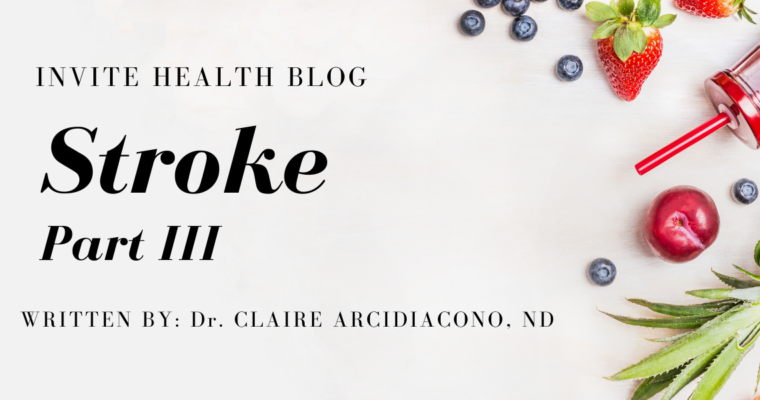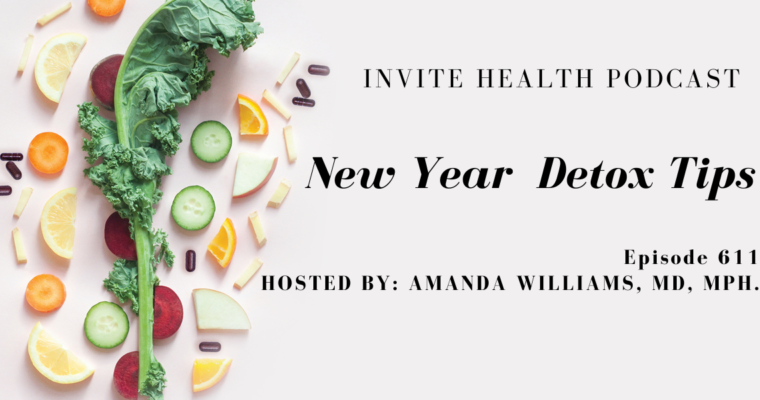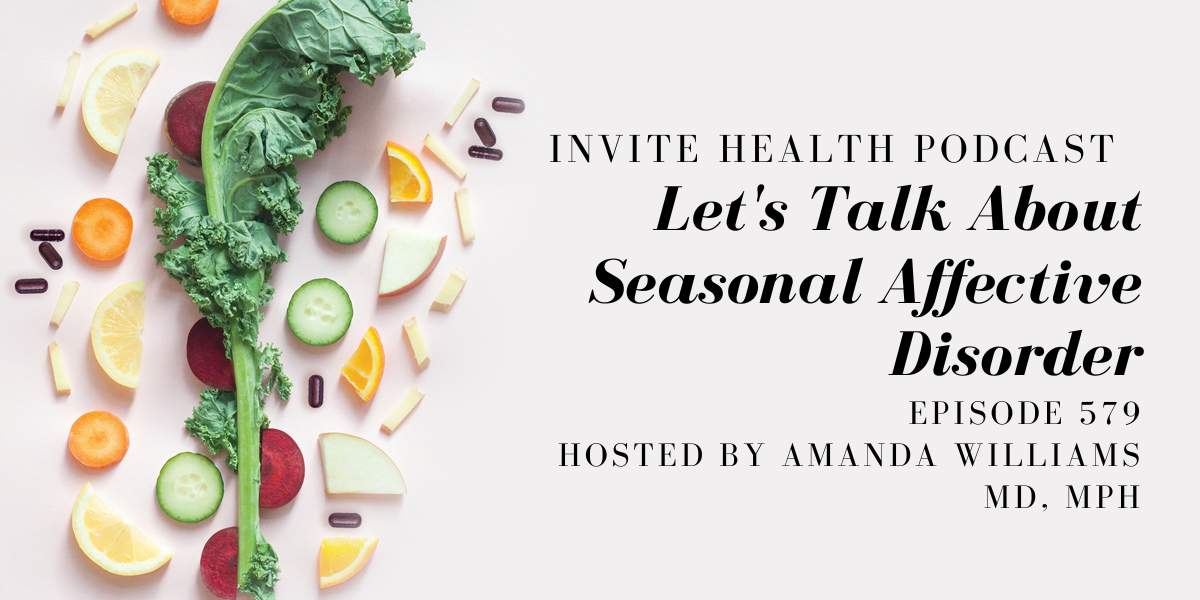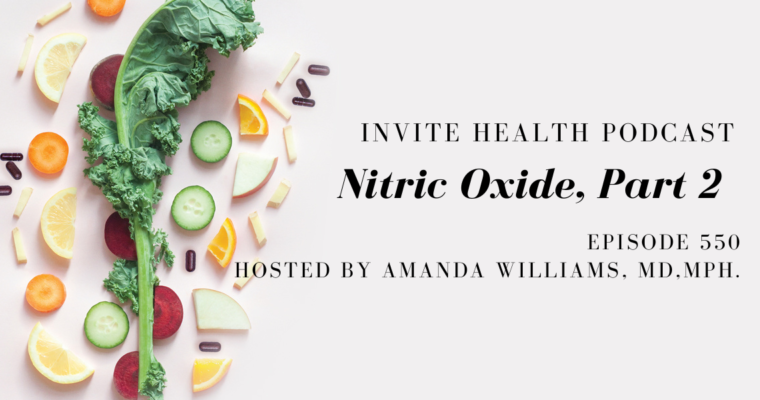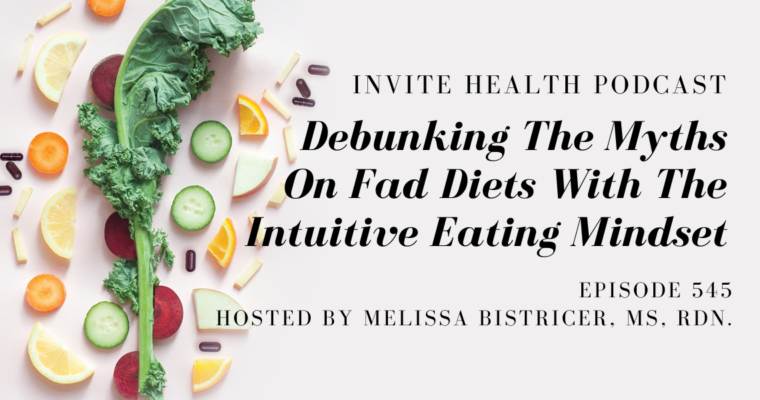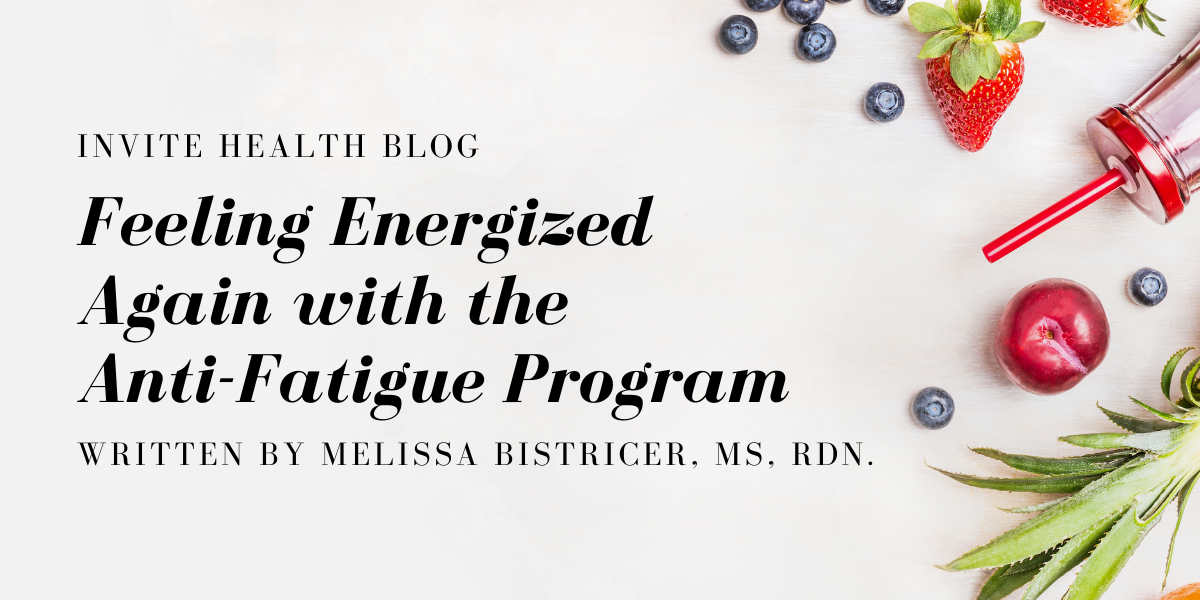Seasonal Affective Disorder
Subscribe Today!
Please see below for a complete transcript of this episode.
Let’s Talk About Seasonal Affective Disorder- InViteⓇ Health Podcast, Episode 579
Hosted by Amanda Williams MD, MPH

*Intro music*
InViteⓇ Health Podcast Intro: Welcome to the InViteⓇ Health Podcast, where our degreed healthcare professionals are excited to offer you the most important health and wellness information you need to make informed choices about your health. You can learn more about the products discussed in each of these episodes and all that InViteⓇ Health has to offer at www.invitehealth.com/podcast. First time customers can use promo code PODCAST at checkout for an additional 15% off your first purchase. Let’s get started!†
*Intro music*
Amanda Williams MD, MPH: [00:00:40] Well, it’s that time of year to talk about the dreaded inevitable, which is the time change. And we get so many folks who reach out to us during that time of year who deal with seasonal affective disorder. So today I want to zero in on SAD and talk about how your SAD diet certainly can be playing a negative impact on your seasonal affective disorder and what nutrients can be beneficial to get you through that change of season and the not being as light as long throughout the day. Many people are impacted by this and it is a real thing.† [00:01:22]
[00:01:23] So I’m Dr. Amanda Williams, scientific director at InVite Health. And when it comes to Seasonal Affective Disorder, we know that this is a common affliction that many people deal with. Oftentimes, it’s kind of touted as the the winter blues or low mood during the winter. But we know that this is a subtype of depression, and we know that there’s actually a reason as to why this occurs. When we have a reduction in the level of sunlight that occurs in late fall and into the early winter, we know that this can affect individual serotonin level, and that’s the primary neurotransmitter that is responsible for our mood. So if those levels of serotonin have, you know, kind of started to plummet and then we also add in low serum vitamin D levels, we’re kind of setting ourselves up for a real mood disaster. And this can then create a dysregulation in melatonin, which is what we generally look at as our sleep related hormone that is secreted through the pineal gland in the brain.†[00:02:39]
[00:02:40] Now we know that a lack of melatonin is also directly linked to seasonal affective disorder. This can affect someone’s sleep pattern, maybe you’re not getting as good a quality of sleep throughout the winter, but maybe you feel like you’re you’re less energetic and you’re laying around more, but you just feel low energy and you’re never getting that good quality sleep. So just right there alone, we know that we can add in vitamin D, we can certainly add in melatonin to aid in that. But there’s also many other nutrients, such as five HTP, for example, which is five hydroxy tryptophan, which has been shown to be very beneficial to help to enhance the amount of serotonin that is released.† [00:03:27]
NO BAKE ENERGY PROTEIN BITES RECIPE – HEALTHY & HELPFUL TIPS WITH MELISSA >> Make Now!
[00:03:28] Now, when it comes to how many people are affected by this, we know it’s quite a large amount. They estimate that, you know, in a given year, about 5% of the U.S. population can experience seasonal depression, which may seem like a low number. But anytime we get over, you know, one or 2% of the population, that’s actually quite high. And we know that when it comes to women, women seem to be more prone to seasonal affective disorder than men. And I will be the first to to say that I have always been impacted by that time change. You know, as soon as the time switch is over and it’s starting to get dark at, you know, 5:00, I always feel that and I always have. And now that I’ve understood a lot more about the science of how that’s influencing different neurotransmitters and the different chemicals in the body, it has allowed me to be much better prepared. And one of the things that I certainly credit a lot of, you know, my success now with dealing with that time change is the role of the diet and the foods that I eat now compared to, you know, how I ate when I was a teenager or early into my college years or my diet definitely was not the best. And I was much more affected by that seasonal change than I am now.† [00:04:54]
[00:04:55] I enjoy the sunlight. So of course I always like it to be nice and bright and sunny out. But that’s not the reality, we know that during the winter we don’t get as much daylight. But we know that through taking different mitigation steps, such as having good, healthy foods, those green leafy vegetables, powerful antioxidants that come from fruits and vegetables can really make a big difference for those who are affected by seasonal affective disorder. We also can look at how the influence of unhealthy beverage choices, you know, high sugary beverages or alcoholic beverages can certainly have a negative impact. We certainly can also see how the cravings for certain foods during that time can be much more predominant. People oftentimes, you know, crave starch, rich foods when they are experiencing seasonal affective disorder, because what it does is it triggers a response of like an immediate release of dopamine, which in the moment makes us feel better, but long term is still not addressing the issue, which is that low serotonin and the disruption of melatonin. And then if we add in the imbalance of, you know, vitamin deficiencies or insufficiencies in particular vitamin D as well as B12, then we we really can struggle through those seasonal changes.† [00:06:22]
[00:06:23] So looking at the role of vitamin D, for example, in terms of broad spectrum phototherapy, when it comes to the treatment of Seasonal Affective Disorder, the Journal of Nutritional Health Aging assessed this all the way back in 1999, and they found that there was a significant correlation between vitamin D levels and the exacerbation of seasonal affective disorder. So those who had very low vitamin D levels were definitely more impacted by low mood and disruptions in sleep. And they found that when they supplemented those folks with vitamin D to bring those levels back up into a healthy range, they had significant improvement across all different markers, including on the depression scales that they were assessing them for. So we know vitamin D should be part of our mainstay, which is always beneficial. Take vitamin D in the winter months anyways, because we also know that this helps to support our immune defenses.† [00:07:25]
GETTING YOUR IMMUNE SYSTEM READY FOR WINTER, PART 1 – INVITE HEALTH PODCAST, EPISODE 427 >> Listen Now!
[00:07:26] So there’s a lot of different ways that we can look at supplementation to support our our body during that shift in the loss of daylight. And we want to look at the basics. We always want to look at diet first, incorporating in that Mediterranean diet, getting the good exposure to those bright, colorful fruits and vegetables for those high antioxidants to fend off a lot of that oxidative stress. We, of course, want to incorporate in omega three fatty acids. Those fish oils are so key, the DHA in particular for maintaining our mood health. We also want to look at adding in methyl B, the bioactive form of B12 and folate are very essential to this. We know that when it comes to our mood and how we feel, whether it’s anxiety, depression, B vitamins are a major regulator into that. So having methyl B that product during the winter months is very critical to a supplementation routine.† [00:08:35]
[00:08:36] So I always advise, you know, make sure that you’re taking one capsule of methyl B that you incorporate in a good omega three fatty acid. So ideally fish oil or krill oil, then you can also add in vitamin D3 3000 IUs is generally what I would advise for most folks. If you’ve had a recent blood level test done, then we can give you more specific, you know, idea as to how much you should be supplementing with that. And the average most people need somewhere around 2000 to 5000 international units daily year round. It may be that your need for vitamin D is much higher during those winter months, so just be aware of that. And then we can look at five HTP and how adding in five HTP may be taking two capsules in the morning to help to support our mood throughout the day, and then taking two in the evening to help with that serotonin and hence melatonin release would also be incredibly advantageous for those who really are noticing the impact when it comes to sleep disturbances because of seasonal affective disorder, then adding in that three milligrams of melatonin in the evening, about a half an hour or an hour before you’re ready to go to sleep would certainly be advisable. But we can also look at, you know, how adding in magnesium can also provide us some benefit as well.† [00:10:04]
[00:10:04] But at the end of the day, we know that many of the symptoms that arise because of seasonal affective disorder can be problematic for our day to day function. So whether we’re dealing with depression or anxiety or finding that we have these mood shifts or mood changes or the sleep problems or the lack of energy, there are ways for us to address this through diet and through supplementation.† [00:10:28]
[00:10:30] So definitely reach out to one of our nutritional experts to talk to them if you are experiencing issues when it comes to seasonal affective disorder. And I want to thank you so much for tuning in to the InVite Health podcast. Remember, you can find all of our episodes for free wherever you listen to podcasts or by visiting invitehealth.com/podcast. Do make sure that you subscribe and you leave us a review. You can follow us on Facebook, Twitter and Instagram InVite Health. And we will see you next time for another episode of the InVite Health podcast.† [00:10:30]
*Exit Music*


